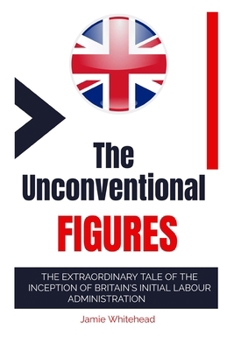The Unconventional Figures: The Extraordinary Tale of the Inception of Britain's Initial Labour Administration
In 1923, a mere four years after the culmination of the devastating First World War, a significant shift unfolded in the British political landscape. This transformation was heralded by the passing of an Act that extended the franchise to all men, a pivotal step toward democratic inclusion. However, this expansion of suffrage was accompanied by an unforeseen consequence-an inconclusive election result that loomed on the horizon, foreshadowing the potential for a constitutional crisis.
Amid this uncertainty emerged the possibility of an unprecedented government, one that would redefine the traditional power dynamics entrenched within the walls of Westminster. These pioneering figures, often referred to as the 'wild men, ' represented a departure from the conventional political elite. They hailed from working-class backgrounds, their roots firmly grounded in the toils and struggles of everyday life, an experience largely distant from the corridors of political influence.





